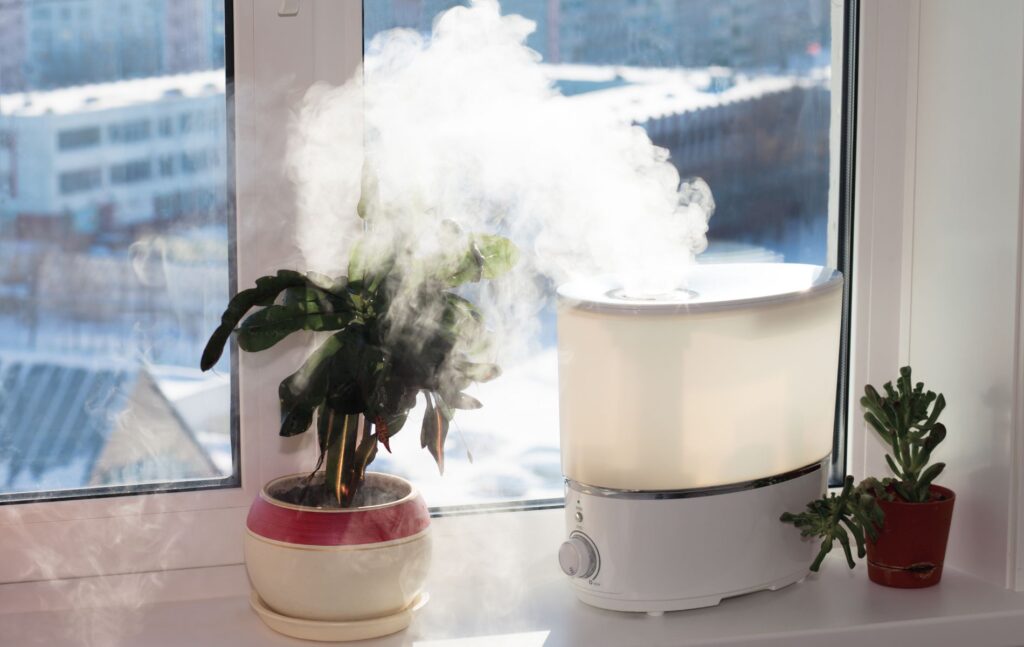Though there hasn’t been any report of snoring causing tinnitus, it has been found that there is a direct correlation between sleep apnea and tinnitus. Here is the correlation I have found:
If you don’t know yet, tinnitus is simply the medical term of ringing in the ear. Tinnitus is hugely responsible for lowering the quality of sleep which in turn leads to various types of sleep disorders. A recent study showed that more than 50% of people suffering from tinnitus are associated with a sleep disorder. Hence, there is a direct correlation between tinnitus and other sleep orders, namely, sleep apnea which can appear to be a vicious cycle. As tinnitus lowers the quality of the sleep, you’ll suffer from sleep apnea which will lead to lack of concentration, being sleepy throughout the day and other issues.
Here I am explaining more about Tinnitus and how it affects sleep:
What is Tinnitus?
Many of us have faced ringing in the ear at some point in our life, right? Such as, going to a very loud concert and leaving with ears ringing. This ringing in the ear is Tinnitus. In other words, Tinnitus is the condition when one perceives sound in the head without any physical source of the sound.
A recent study has showed that about 10% Americans or about 23 million people in the United States have suffered from tinnitus longer than 3 months. Tinnitus can bring real havoc to your life and lower the quality of your day. It doesn’t only hamper your concentration, tinnitus has an adverse effect on your sleep.
There are mainly two kinds of tinnitus:
Subjective Tinnitus: this is the most common one. Only you can hear this type of tinnitus. It is generally caused by problems in your inner, mid or outer ear. Subjective tinnitus can also occur from a disturbance in the auditory nerves of your brain.
Objective Tinnitus: This is a rare type of tinnitus. Your doctor will be able to hear this type of tinnitus when examining you. It is generally caused by a problem in the blood vessel which occurs in the middle ear.
Relation Between Tinnitus & Sleep Apnea
There has been a study which showed an interesting report. According to the report, most people who are suffering from tinnitus are also diagnosed with sleep apnea. Sleep apnea can be treated with a CPAP machine. Some people have reported that using a CPAP machine has solver their tinnitus problem to a great extent.
So, we can definitely say there is a relation between tinnitus and sleep apnea. There are different ways to get rid of sleep apnea. But the solution I like most is using this mouthpiece.
It can be custom fitted according to your jaw. All you need to do is insert the mouthpiece inside your mouth before going to sleep. Though it will cost you a few bucks, this is one of the most time-effective solutions for getting rid of snoring and sleep apnea.
Symptoms of Tinnitus
Tinnitus is simply the condition when one hears the sound without the presence of a source. The sound can be of different types such as
- Buzzing
- Roaring
- Ringing
- Clicking
- Humming
- Hissing
The pitch of the sound can vary from low to quite high. Tinnitus can happen in one or both of your ears. In rare cases, the sound can get so loud that it will interfere with the actual sounds in the real world. The duration of tinnitus isn’t fixed either. It can stay for a long while or come and go.
Causes of Tinnitus
Some factors that can lead to Tinnitus are:
- Ear hair damage: the damage in inner ear hair can lead to tinnitus. The tiny ear hairs move according to the pressure of the sound waves. This triggers the hair cells to convey a signal from an auditory nerve to the brain. Your brain simply treats this signal as a sound.
- Age: hear loss can cause tinnitus. As people get older, their hearing power decreases. That’s why tinnitus is more common in people older than 60.
- Loud noise: sound from firearms, chain saw, heavy equipment, MP3, iPods etc. can cause short-term tinnitus. This usually goes away.
- Too Much Earwax: earwax helps us by trapping dirt inside the ear and slowing down the growth rate of bacteria. However, too much ear wax can lead to various hearing problems including tinnitus.
- Abnormal ear bone growth: this is more like a genetic problem which runs in families. If bones in the middle ear get stiffened, it can cause tinnitus and other hearing problems.
Here Is How To Prevent Tinnitus
Though there is no way to ‘literally’ prevent tinnitus, you can take precautions.
- Exposure to heavy and loud noise is the most common cause of tinnitus. If you need to be in an environment where loud noise is constant, I’ll highly urge you to use “over-the-ear” protections for your ear.
- Whenever listening to music with a headphone, resist the urge to increase the volume at its highest peak. Constantly hearing music with loud volume will eventually cause tinnitus. So, hear music at a moderate volume.
- Take care of yourself. Exercise regularly and eat healthy. A healthy body will automatically prevent many diseases.
Treatment For Tinnitus
Here are the ways a doctor can treat tinnitus:
- Removing the excess earwax. It will decrease the symptoms related to tinnitus.
- Sometimes tinnitus is a result of problems in the blood vessels. The doctor may take necessary steps to treat the blood vessels.
- Sometimes a particular medication can be the cause of tinnitus. If such is the case, the doctor may lower down the dose of that medication, or even switch it completely with another medicine.





